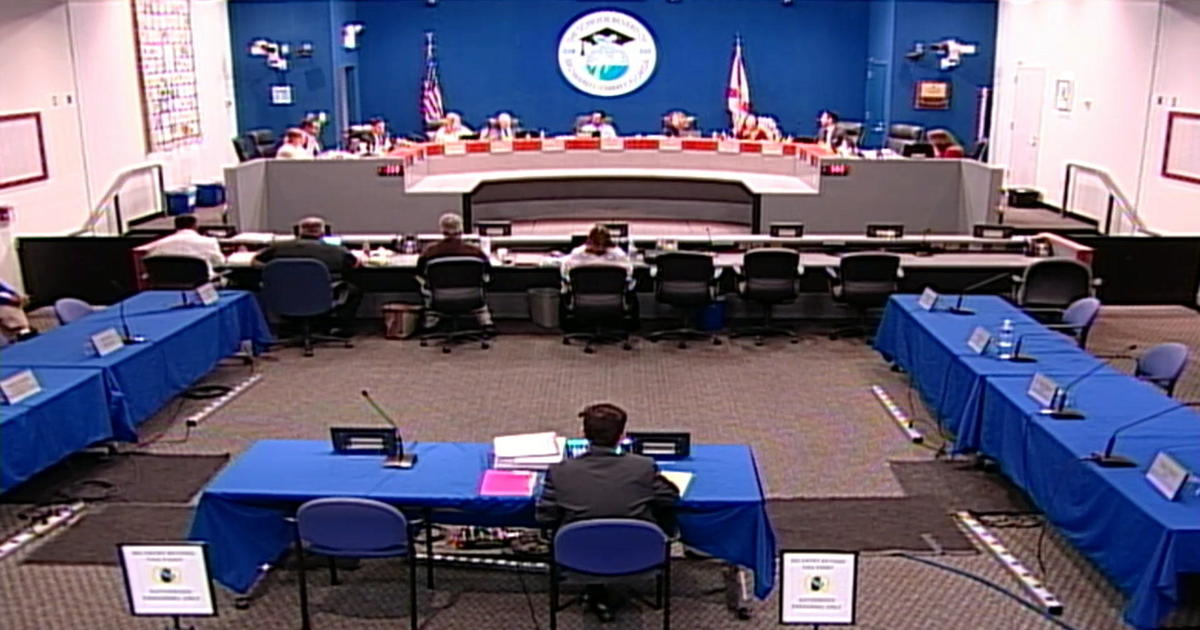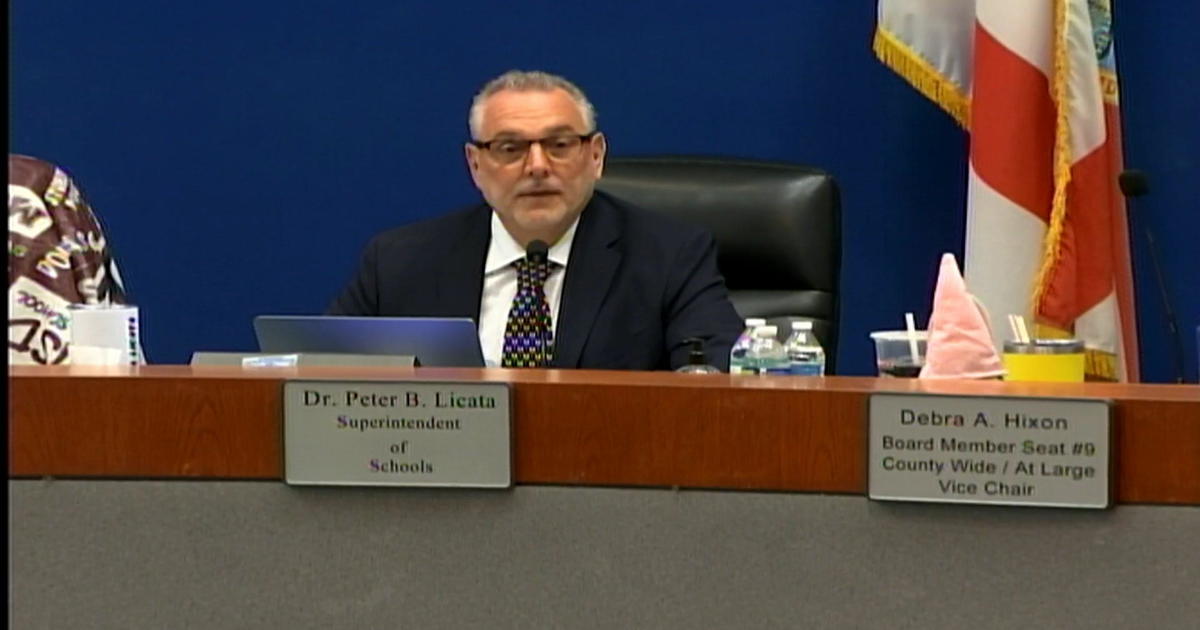Top Ways To Ensure Your Baby Is Sleeping Safely
How to Keep Your Baby Safe:
- Make sure the baby's crib meets Consumer Product Safety Commission standards.
- The mattress should be firm and fit snuggly in the crib's frame.
- Crib sheets should fit tightly around the mattress.
- Place baby on his or her back to sleep to reduce the risk of suffocation.
- Keep baby's sleep area clear of strings, cords and wires.
- Give your baby a pacifier (never a bottle) when he or she goes to sleep. However, if the baby does not want the pacifier, do not force it into his or her mouth or reinsert if found the baby has discarded it in his sleep.
- Keep the room temperature comfortable for a lightly clothed adult.
- For the first six months, keep baby's bed in the same room as his or her caregiver in order to be attentive to baby's cries.
- Avoid exposing your baby to smoke both during pregnancy and after birth, as exposure to smoke is a major risk factor for Sudden Infant Death (SIDS) and Sudden Unexplained Death Syndrome (SUID).
- Use infant sleep clothing designed to keep your baby warm without the possible hazard of head covering or entrapment. Infants are typically comfortable with one layer more than an adult would wear to be comfortable in the same environment.
How Different Sleep Situations Can Be Dangerous:
- Although they may look cute, pillows, blankets, bumper pads and toys can suffocate your infant.
- Despite popular belief, sleep aids such as wedges and sleep positioners can increase the risk of infant death due to suffocation. If the infant shifts at all, the soft objects can actually trap the baby in a fatal position.
- Sleeping with your infant may be more convenient and look peaceful, but the risk of an adult rolling onto or pinning the baby and killing the infant by suffocation increases immensely through co-sleep.
- Each baby should have its own bed – even multiples and other siblings increase the risk of suffocation.
- Adult beds, air mattresses, beanbags, reclining chairs, sofas, etc. are not made for babies and wedge a baby, causing suffocation.
- Any loose cables, wires, bumper pad strings, etc. around the crib could be fire hazards and/or wrap around your baby's neck and strangle him or her.
- If you do not place your baby on the back to sleep, your baby's airway may not be clear.
How to Help Your Baby Sleep Calmly and Comfortably:
- Give your baby active play time during the day, including "tummy time" that allows the infant supervised play while lying on their bellies. Tummy time strengths back, arm and neck muscles, is important for coordination development and decreases the risk of Flat Head Syndrome.
- You can reduce your baby's stress by responding quickly to their needs during the day.
- Putting babies to bed when they start to look tired, but are not asleep, helps them learn how to fall asleep on their own.
- If your baby seems restless at bedtime, try putting him or her down 30 minutes earlier. Sometimes baby can become fussy and energetic if they get overtired.
- Have a bedtime routine to allow your baby to wind down (giving a bath, massaging muscles, spending quite time together, reading a book, etc.).
- Talk or sing softly to your baby before bed. The sound of your voice is very soothing to your baby.
- Use dark colored shades over windows near your baby's sleeping area so no light wakes your baby up.
- Make sure your baby's nose is clear before bedtime. A cool-mist humidifier may also help with congestion. Also dust regularly and remove dust collecting items from the baby's area.
- If your baby is teething, check with your pediatrician to see what medications or pain-relieving options may be available.
- Make sure you do not put your baby to bed with a wet diaper. A wet diaper can cause a baby to wake up.
- Place a warm towel on your baby's crib sheet and remove it just before you place your baby down.
For more information, please go to www.myflfamilies.com/service-programs/child-welfare/safesleep
The Children's Services Council of Broward County is an independent taxing authority which was established by a public referendum on September 5, 2000, and reauthorized via referendum on November 4, 2014, which, through Public Act, Chapter 2000-461 of the laws of Florida, authorized the Council to levy up to 0.5 mills of property taxes. The role of the Council is to provide the leadership, advocacy and resources necessary to enhance children's lives and empower them to become responsible, productive adults through collaborative planning and funding of a continuum of quality care. To learn more about programs and services the Children's Services Council funds, please call (954) 377-1000.
Above content provided by Children's Services Council of Broward County.



